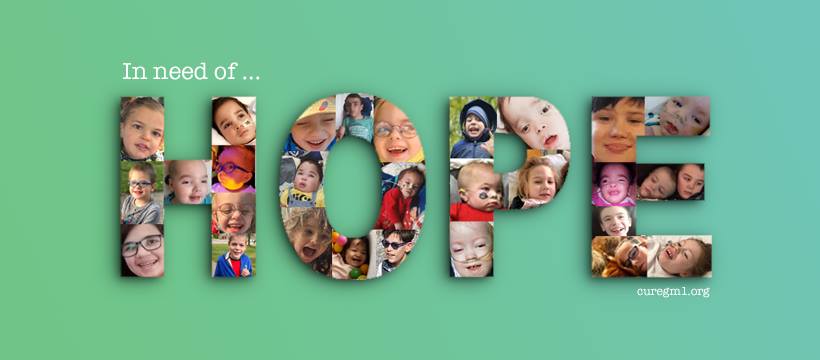Resources for GM1 Families
This page provides resources for GM1 families, as well as information to help navigate your GM1 journey. Whether you’re a parent of a newly diagnosed child or you have been a caregiver for a while, we hope this information can be of assistance.
A disease may be rare, but hope should not be.
You are not alone.

letter to New Families
Dear parent and caregiver, if you found us, you must be in search of help and information. You might be feeling overwhelmed and a bit lost. Take a breath, you found your community, and we’re here to help you. We have put together some important resources for GM families.
We are working each and every day to advance research for GM1, and promising treatments are being developed for GM1, such as small molecules, to gene therapies, and enzyme replacement therapies. There are many projects which lack funding and a dedicated team. Possible treatments already exist, but they have been shelved or are out of reach.
Getting more information on clinical trials, treatment, and care for GM1 gangliosidosis.
You have now found the Cure GM1 website on your internet search. We recommend you stop trying to sort through old papers and unfamiliar websites since so much of the information out there is out of date and confusing. The landscape is constantly evolving and changing. Much of the most current information is not published, many medical sites, even ones you deem trustworthy will give you an inaccurate and outdated information on what to expect.
Your doctors can assist you with selecting a clinical trial and contacting the trial’s principal investigators and sites. However, we recommend reaching out to us because we have the overall picture and we keep updates of all the press releases and results.
Please reach out for an informational letter and we will do our best to assist you in navigating the current landscape.
For more information, please contact info@curegm1.org
Resources for Newly Diagnosed GM Families
Here you’ll find useful information to start navigating GM1 with your loved one.
Resources for GM1 families
Take the next step in your GM1 journey by connecting, advocating, and making an impact.
Share your story
Personal stories create connections that facts alone cannot. When you share your GM1 journey, you transform a rare disease into a human experience that resonates. You can always submit stories to Cure GM1 to be shared. Sharing can help healthcare providers recognize symptoms in undiagnosed patients, inspire researchers, and show isolated families they’re not alone. If sharing feels intimidating, you can check free resources available for you:
Check here and get inspired by the stories told by our community.
